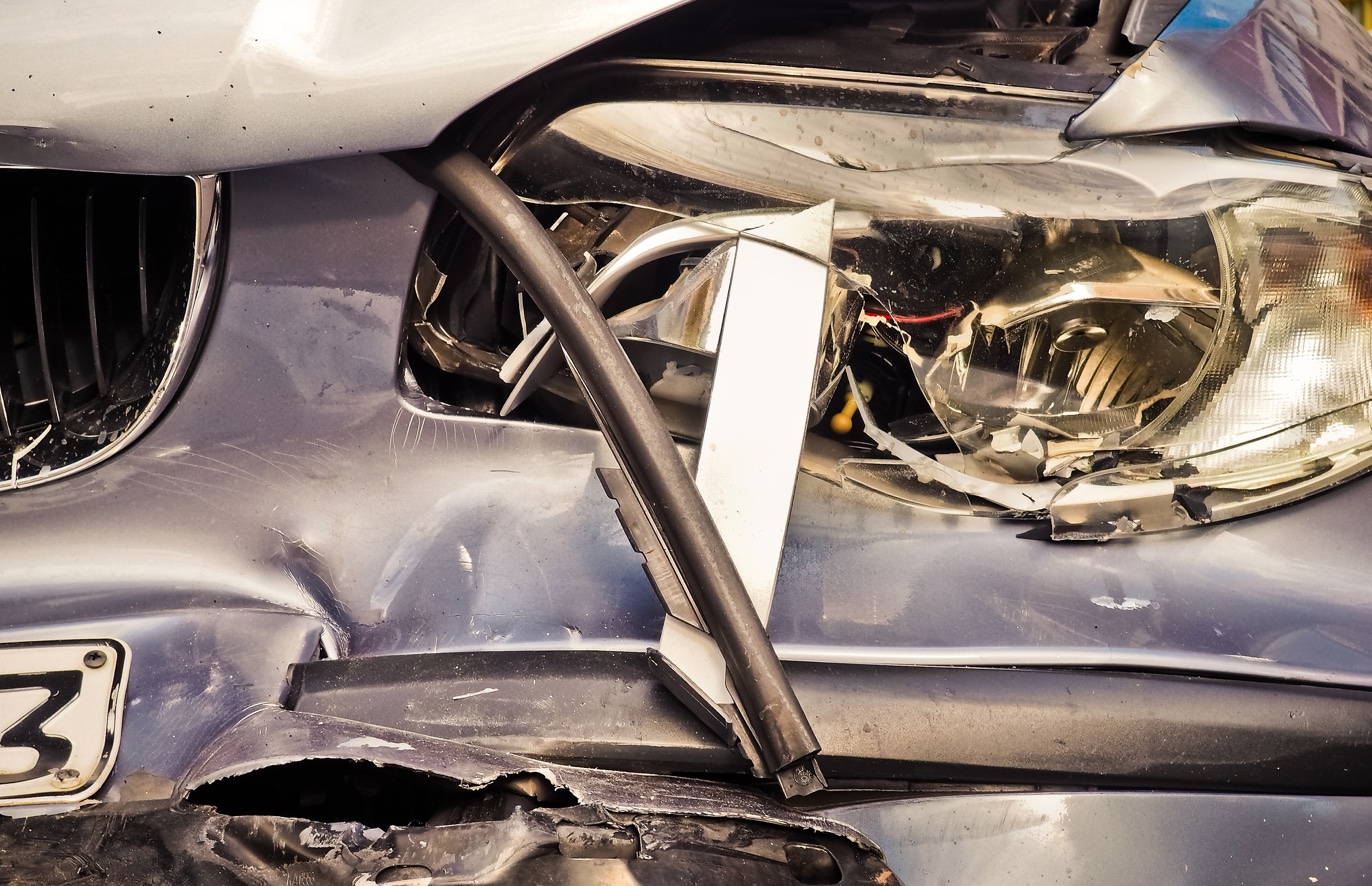It’s essential to take care of your emotional well-being after a car accident. Many people experience emotional trauma after a car accident, and it’s crucial to seek help if you are struggling to cope.
Being involved in a car accident can be a traumatic and life-changing experience. Even if you are fortunate enough to escape with minor injuries, the aftermath can be overwhelming. From dealing with medical bills and lost wages to navigating insurance claims and legal proceedings, it’s essential to know how to navigate the aftermath of a car accident. In this article, we’ll explore some of the challenges you may face after a car accident and provide some tips on how to navigate the road to recovery.
Seeking Medical Attention
After a car accident, the first priority should be seeking medical attention. Even if you feel fine immediately following the accident, it’s essential to get a medical evaluation as soon as possible. Some injuries, such as whiplash or concussions, may not be immediately apparent but can cause long-term damage if left untreated.
If you are experiencing severe or life-threatening injuries, call 911 or go to the emergency room immediately. If your injuries are less severe, you may be able to visit your primary care physician or an urgent care clinic.
Reporting the Accident
After seeking medical attention, the next step is to report the accident to your insurance company. Be sure to provide accurate and detailed information about the accident, including the date, time, location, and the contact information of the other drivers involved.

It’s also a good idea to obtain a copy of the police report if one was filed. This can provide valuable information about the cause of the accident and help with the claims process.
Dealing with Insurance Claims
Dealing with insurance claims can be one of the most challenging aspects of navigating the aftermath of a car accident. Insurance companies are in the business of making money, and they may try to minimize your compensation or deny your claim altogether.
To ensure that you receive fair compensation for your damages, it’s essential to document everything related to the accident. This includes medical bills, car repair bills, and lost wages. Keep track of all correspondence with your insurance company and any other parties involved in the accident.
Consider hiring a personal injury lawyer to help you navigate the claims process. A skilled lawyer can negotiate with the insurance company on your behalf and ensure that you receive fair compensation for your damages.
Coping with Emotional Trauma
In addition to physical injuries, car accidents can also cause emotional trauma. You may experience symptoms of anxiety, depression, or post-traumatic stress disorder (PTSD). It’s essential to seek help if you are experiencing these symptoms.
Consider speaking with a therapist or counselor who specializes in trauma recovery. They can help you cope with the emotional aftermath of the accident and develop healthy coping strategies.
Returning to Normalcy
Returning to normalcy after a car accident can take time, but it’s essential to focus on your recovery and getting back to your regular routine. This may include returning to work or school, engaging in hobbies and activities that you enjoy, and spending time with family and friends.
Consider joining a support group for car accident survivors. Connecting with others who have experienced similar challenges can provide valuable support and help you feel less isolated.
Remember, the most important thing after a car accident is to prioritize your health and well-being. Don’t hesitate to seek medical attention if you are experiencing any pain or discomfort, even if it seems minor. It’s better to be safe than sorry.
Additionally, it’s essential to take care of your emotional well-being after a car accident. Many people experience emotional trauma after a car accident, and it’s crucial to seek help if you are struggling to cope.
Finally, consider reaching out to a car accident lawyer from Chalik & Chalik if you are dealing with insurance claims or legal proceedings. With the right support and resources, you can recover from your injuries, navigate the claims process, and return to a sense of normalcy.


Join the conversation!